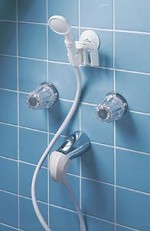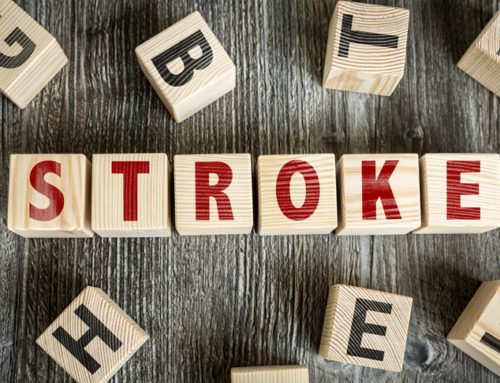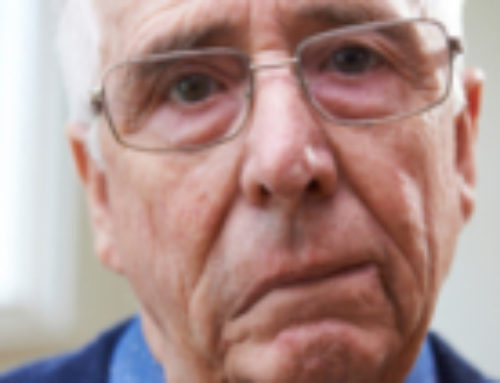There are several communication disorders than can occur after you have a stroke or other type of brain injury. The most common are:
- Aphasia
- Apraxia of speech
- Oral apraxia
At times, it can be hard to determine which of these the stroke survivor has; it is possible for all three to be present at once.
What Is Aphasia?
This is the impairment of your ability to either use or understand words. This condition can make it hard to understand words, find the right words to express your thoughts, understand written sentences, and reading or writing words or sentences.
There are four major types of aphasia:
- Expressive aphasia: You know what you want to say, but you can’t say or write what you mean.
- Receptive aphasia: You hear a voice or see print, but you can’t understand the words.
- Anomic aphasia: You have trouble finding the right words to describe objects, places and events.
- Global aphasia: You have trouble speaking, understanding speech, reading or writing.
Therapy for aphasia focuses on restoring your language ability. This can be done through word and picture matching. You also can utilize learning compensation communication methods, such as writing or using gestures to communicate.
What Is Apraxia of Speech?
This is when it is difficult to initiate and execute the muscle movement patterns that are needed to produce speech when there is no actual paralysis or weakness of your speech muscles. This condition can make it hard to produce the necessary sounds to speak and form words, and to use the proper rhythm and speaking rate.
Therapy for apraxia of speech includes word repetition, using a metronome of snapping of fingers to keep time as you speak. Another option is to use a computer program that can produce voice output with key strokes.
What Is Oral Apraxia?
This is also called nonverbal oral apraxia. This is where it is hard to move the muscles of your lips, throat, soft palate and tongue for reasons other than speaking,, such as to smile or whistle. You might have trouble opening your mouth, puffing your cheeks or blowing a kiss.
How to Deal With These Issues?
Families need to learn more about these communication difficulties in stroke survivors so that they can more easily cope. Tips include:
- Join a self help group, such as the National Aphasia Association.
- Involve the stroke victim in decision making at home as much as possible.
- Give the person time to talk, and do not speak for him.
- Make sentences you say simpler, and slow down your speech rate.
- Use gestures so the person can understand you.
- Communicate through touch when you can.
The Handheld Portable Shower allows stroke patients to shower more easily.
For people who have had a stroke, there are products available to greatly improve their quality of life. In the bathroom, it is important for the stroke survivor to be able to care for his own needs. The Freedom Wand helps with this, which is a self wipe and sanitary personal toilet tissue aid. It is specially made for people who have limited mobility. The Bottom Buddy is another toilet tissue aid that is useful for self cleaning when you have limited reaching ability.




